Vietnamese customs have a long history and are rooted in a reverence for the land, sea, and people. These are the things you need to be aware of if you wish to comprehend the subtleties of this lovely culture.
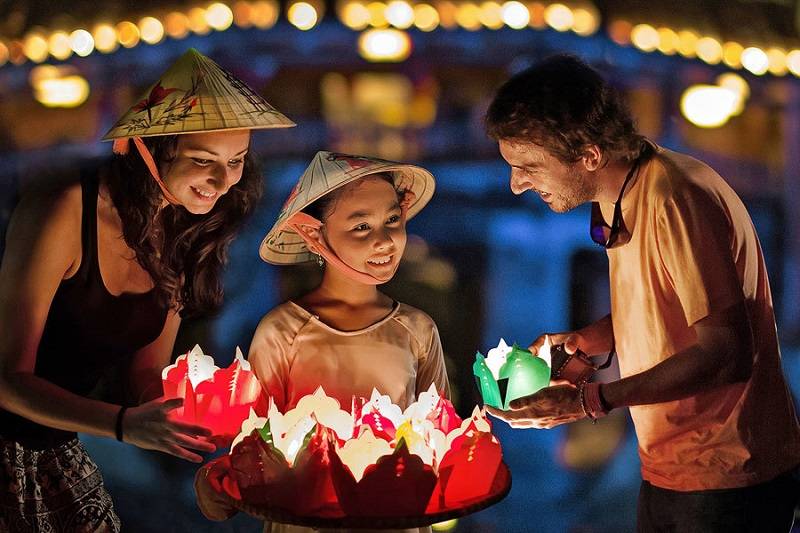
Trust is a long process
This one often irritates business people since they arrive in Vietnam with their own assumptions about how things ought to work. However, the corporate culture here isn’t so straight forward. Legal documentation are wonderful, but until your new partners know you as a person, there will always be distrust. It is founded on trust and reputation. Here, trust takes years to establish but only seconds to break, so proceed with caution.
Nobody wants to lose face
Vietnamese people give a lot of thought to how their friends, family, and coworkers view them. Avoid doing anything that may make a person look bad or embarrassed in front of others. That can entail arguing, making fun of someone, approaching them, or even bartering too forcefully. This is another reason why violent outbursts are uncommon in Vietnam. Everyone avoids conflict since doing so would make both parties look bad. A stern look suffices for the vast majority of minor infractions.
Academics are revered
It can be a little depressing to learn how constrained students’ life can be in Vietnam, but this is the standard. Young people must be at the top of their grades if they want to succeed since the job market is competitive. Amazing chances exist in this thriving economy, but only for those who are willing to put in the effort. Long school days, tutoring, and extra sessions at night are necessary because many students are now expected to have taken English in order to graduate from higher education.
Elders are respected
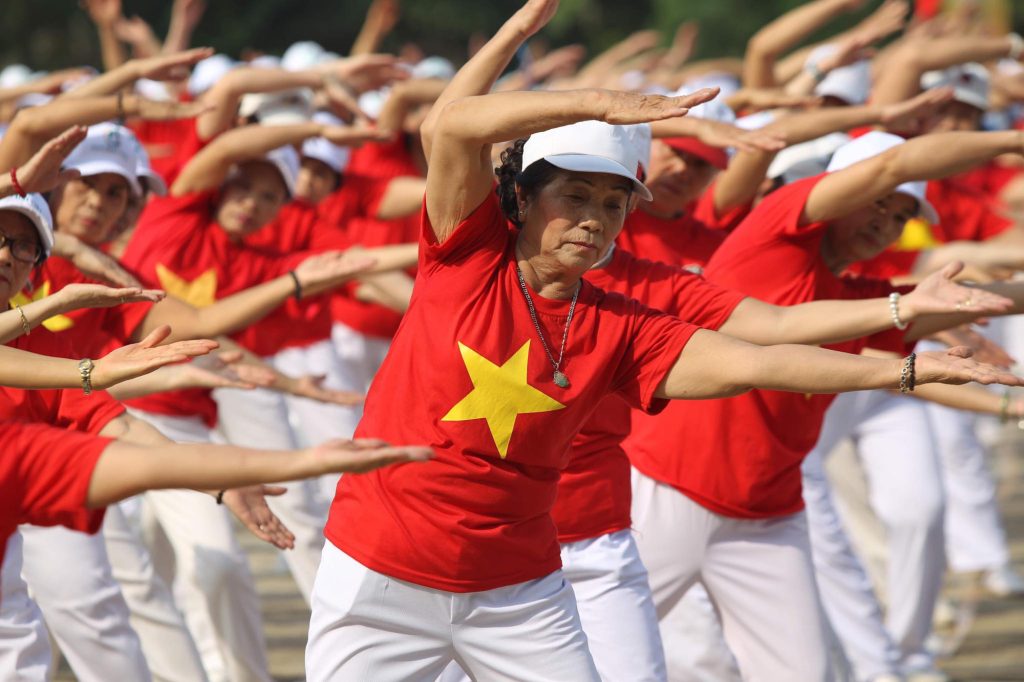
In Vietnam, one of the first questions you’ll be asked is your age, followed by your name and country. Their Confucian-based society places a high value on knowledge and experience. Accordingly, the more respect you earn as you get older. When you’re among older people, you shouldn’t use profanity or broach sensitive subjects like sex or death. The oldest people are usually served first at feasts, and their opinions are taken more seriously at home and at business.
Their war history is sacrosanct
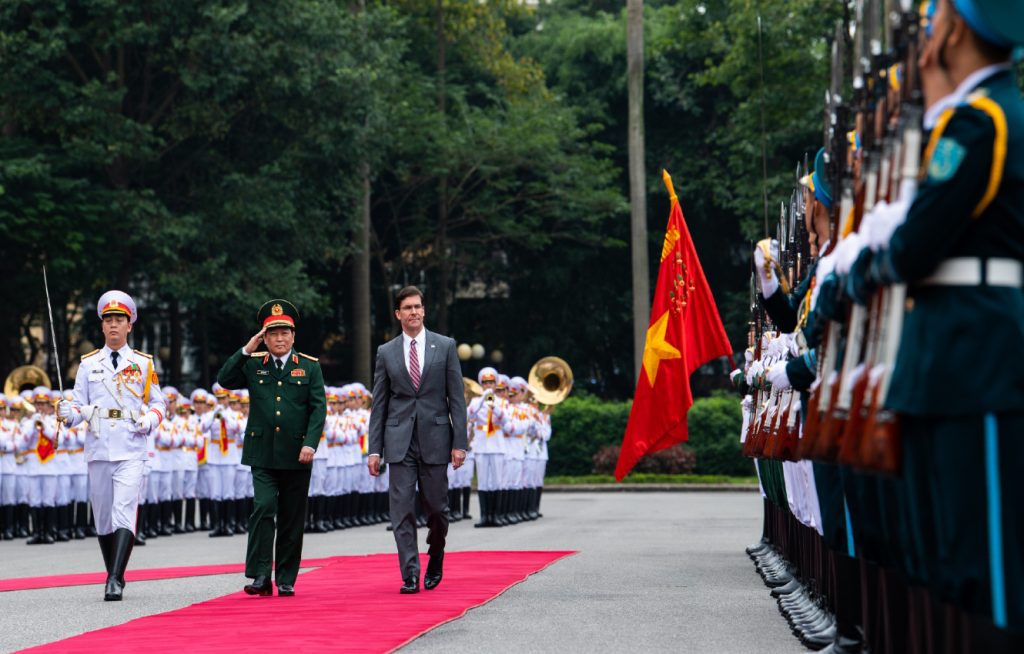
Don’t disparage Vietnamese war heroes or make jokes about anything related to the war, as some people have discovered the hard way. Vietnamese people generally have a fantastic sense of humor, although they avoid making jokes about the war years. Everyone in this country experienced hardship during those trying times. You must tread carefully and exercise utmost caution when discussing their colonial heritage as a foreigner.
Transactions are always negotiated

Shopping in Vietnam is frequently a contest of cunning and tact. Foreigners should anticipate paying more. Your feet are your best tools in this situation. Threaten to leave the store after haggling with the owner until they stop. Most businesses would prefer a reduced profit margin than nothing at all.
Ghosts are real
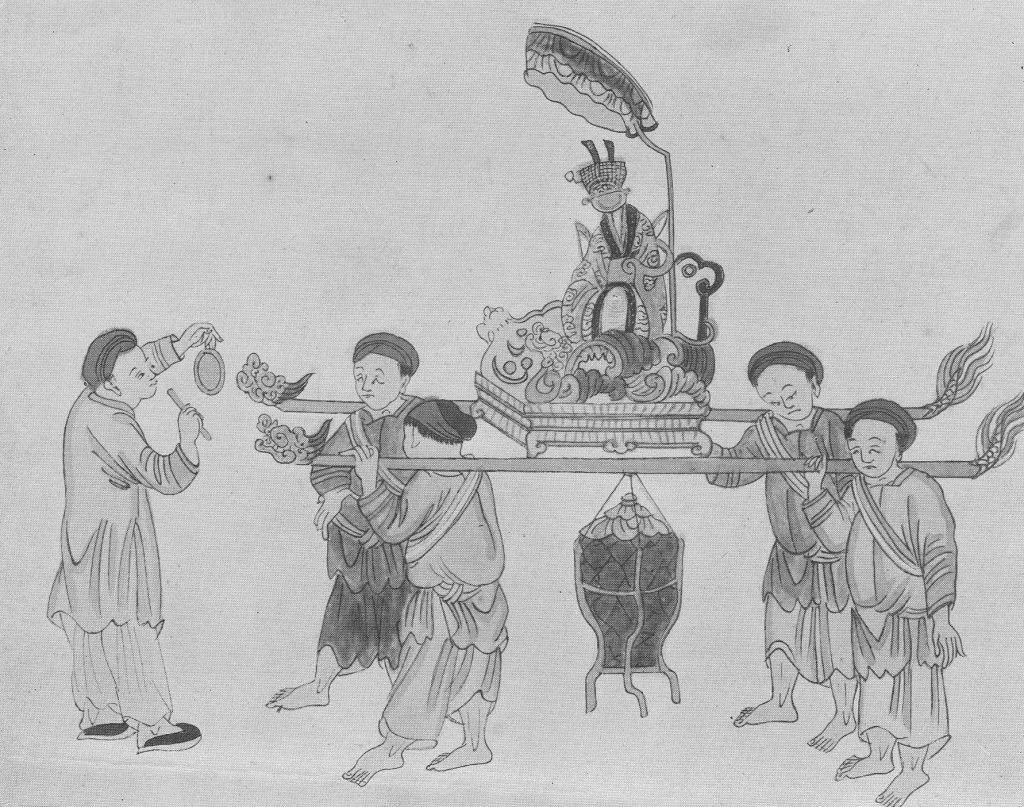
The beliefs of their ancestors constitute the foundation of numerous Vietnamese traditions and customs. The idea that the deceased won’t find peace in the afterlife and would instead be abandoned to roam as tortured spirits is one of the most common worries in Vietnam. In Vietnam, most people have a ghost story, which might range from a butterfly landing on them during a funeral to hearing weird voices at night. Do not minimize ghosts or the dead in this context, regardless of your beliefs regarding the paranormal.
Vietnamese people are relentlessly optimistic
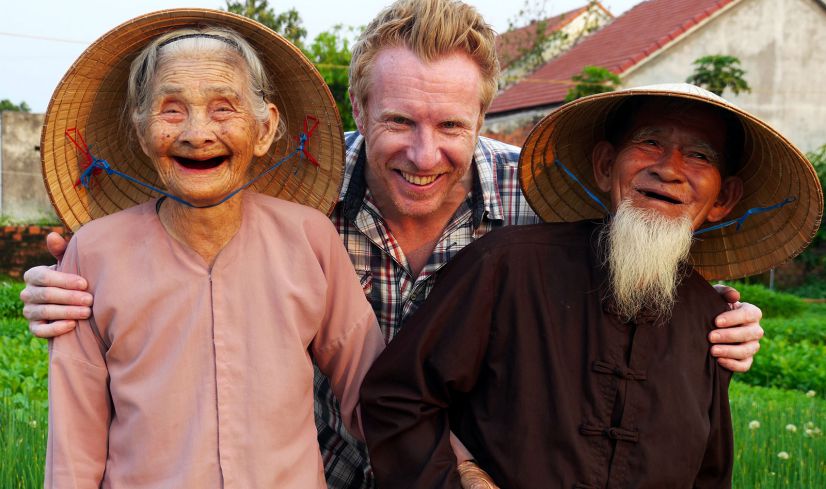
These days, Vietnam offers a ton of opportunities. People put forth a lot of effort to better their lives and the lives of their family with the hope that their hard work today will pay off in the future. Try to refrain from complaining excessively about your personal issues because you won’t hear many other individuals moaning about their struggles. You won’t find many sympathies as a foreigner who can afford to travel abroad.
There is no tipping culture
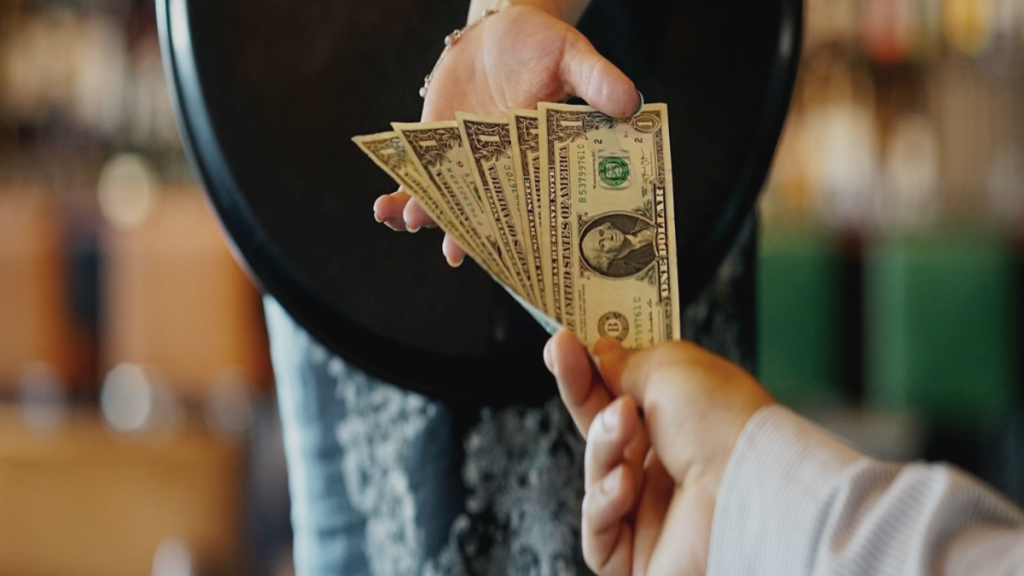
Vietnam doesn’t accept tips. Feel free to tip a little extra if you think the service went above and beyond, but if you do, keep it quiet. Put it behind the bill or under a plate. A person could feel as though they are begging or losing face if you make a big deal out of tipping. Some folks will outright decline your tip because they believe you miscounted your money.
Food is an important part of Vietnamese culture
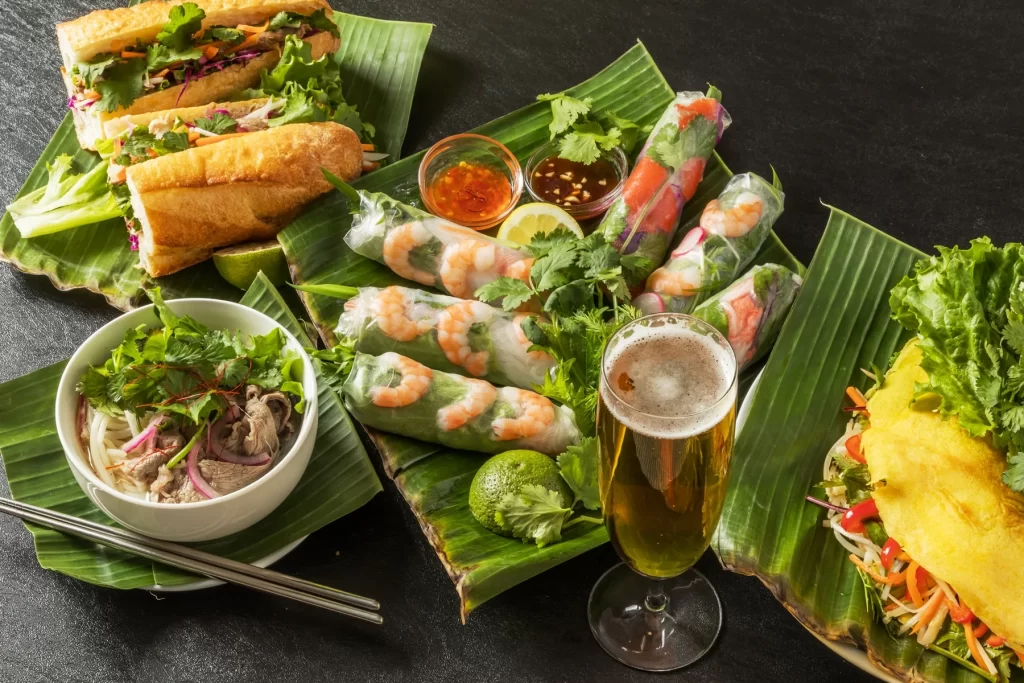
Vietnam’s rivers, rice farms, mountains, and oceans have a profound cultural impact. Because of this, it’s disrespectful to throw food away, especially if someone cooked for you and you’re at their home. The employees who made the dinner possible as well as the land are being insulted. Don’t try to eat more than you can handle, and be careful to compliment everyone.
They don’t like outsiders criticising their country
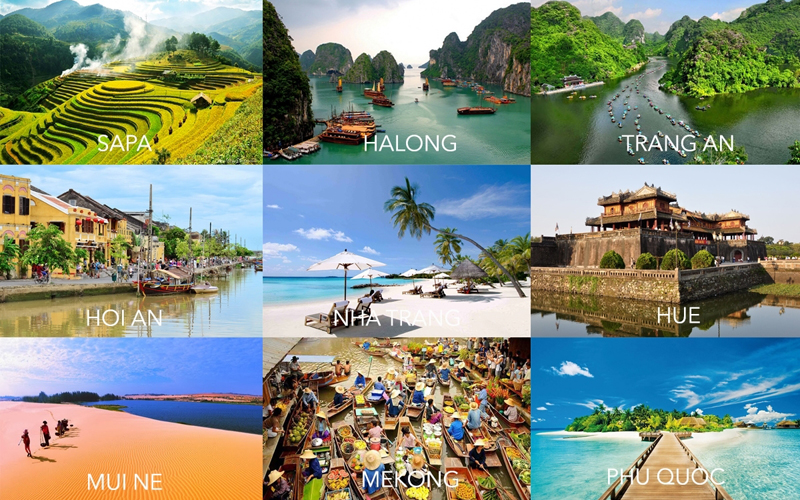
Vietnamese people frequently discuss societal issues such as pollution, traffic, corruption, and academic fraud. But when a foreigner is criticizing, they lose their patience. It sounds pompous, as if you’re arguing that your nation is superior to theirs. Unsettling when understood in that way, of course. You’ll be alright if you laugh about the chaotic traffic, but try not to wax lyrical about it without acknowledging all the other wonderful things about this incredible nation.





